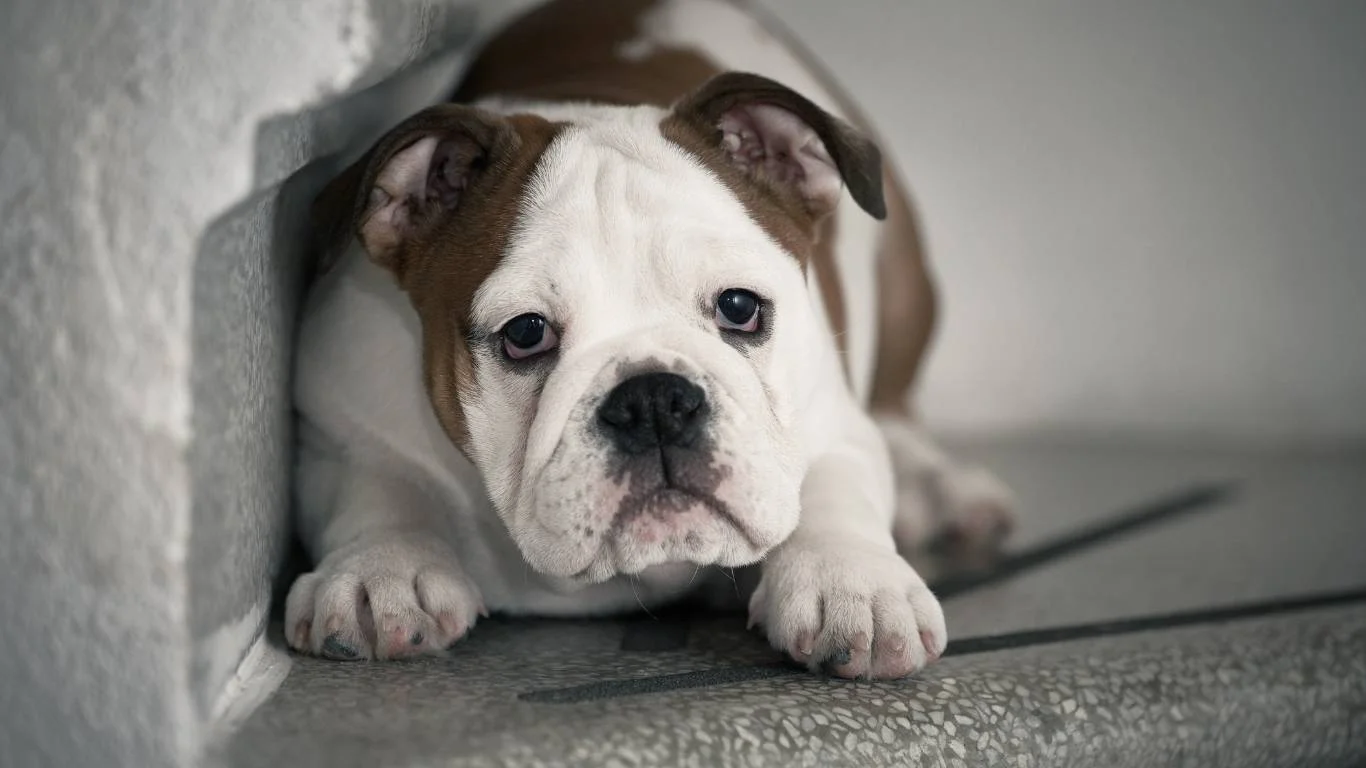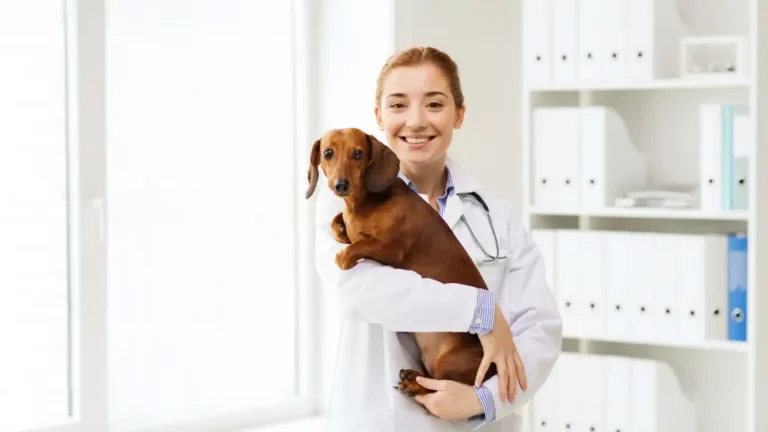What to Do If Your Dog Has Constant Hiccups: Effective Solutions
If you’ve ever noticed your furry friend suddenly hiccuping and wondered, what to do if your dog has constant hiccups, you’re definitely not alone. As a Veterinary Assistant with a special focus on nutrition, I’ve seen plenty of pups go through these quirky little spasms, and I can tell you—it’s usually nothing to panic about. But when those hiccups seem to stick around or happen non-stop, it can be pretty worrying for both you and your dog. So let’s chat about why dogs get hiccups, when you should be concerned, and some simple ways to help your pooch feel better.
Understanding Why Dogs Get Hiccups

First off, hiccups in dogs are quite similar to human hiccups. They happen when the diaphragm—the muscle that helps your dog breathe—suddenly contracts involuntarily. This contraction causes a quick intake of air that’s abruptly stopped by the closing of the vocal cords, making that familiar “hic” sound.
From my experience, the most common causes include:
- Eating or drinking too quickly: Dogs can gulp down their food or water and swallow air, triggering hiccups.
- Excitement or stress: Just like us, pups can get hiccups when they’re overly excited or anxious.
- Sudden changes in temperature: Drinking cold water after being hot or playing outside can sometimes cause hiccups.
Generally, these hiccups are harmless and usually resolve within a few minutes. But if your dog has constant hiccups that just won’t quit, it’s worth paying closer attention.
What to Do If Your Dog Has Constant Hiccups

So, what should you do if your dog has constant hiccups? Here’s the scoop based on what I’ve learned in my veterinary work and from helping countless pet owners:
1. Stay Calm and Observe
It’s important not to freak out. Most hiccups aren’t serious, but keeping a calm eye on your dog’s behavior will help you notice if anything else seems off. Watch for signs like:
- Difficulty breathing or coughing
- Vomiting or gagging
- Lethargy or unusual tiredness
- Loss of appetite
If any of these pop up, it’s a good idea to get your dog checked by a vet.
2. Help Your Dog Relax
Sometimes hiccups are just your dog’s body reacting to excitement or stress. Try to create a calm environment—dim the lights, speak softly, and encourage your dog to lie down and relax. Gentle petting can also do wonders. I’ve found that a chill vibe can sometimes stop hiccups faster than anything else.
3. Slow Down Eating and Drinking
If your dog tends to scarf down food or water quickly, this might be the culprit behind those persistent hiccups. Here are a few tricks that I recommend:
- Use a slow feeder bowl or puzzle feeder to slow down the eating process.
- Give smaller amounts of water at a time, especially after exercise or play.
- Encourage breaks during meals to let your dog catch their breath.
These small adjustments can make a big difference in preventing hiccups from starting or sticking around.
When to Worry About Your Dog’s Hiccups
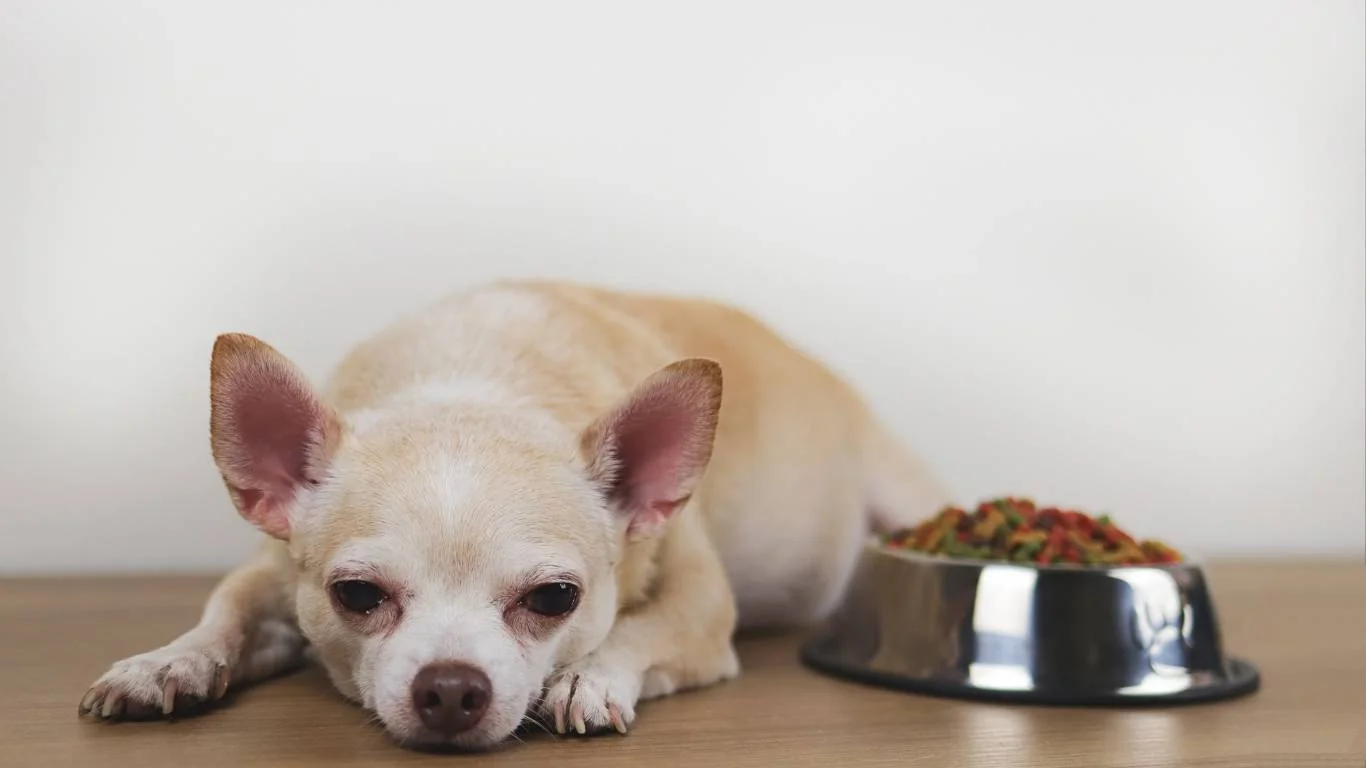
Even though hiccups are usually harmless, I’ve seen cases where persistent hiccups were actually a sign of something more serious. From my hands-on experience as a Veterinary Assistant, here are a few red flags to keep in mind:
- Hiccups lasting more than 48 hours: If your dog’s hiccups don’t ease up after a couple of days, it’s time to have a vet take a look.
- Difficulty breathing: If your dog seems to be struggling for air or is coughing a lot alongside the hiccups, this could indicate respiratory or cardiac issues.
- Changes in behavior: If your usually energetic pup suddenly becomes lethargic, loses appetite, or shows signs of discomfort, don’t ignore these symptoms.
- Excessive drooling or gagging: Sometimes, persistent hiccups could be linked to nausea or gastrointestinal distress.
In such cases, your vet might want to run some tests like X-rays or blood work to rule out infections, inflammation, or even neurological problems affecting the diaphragm or nerves.
Common Medical Causes Behind Constant Hiccups
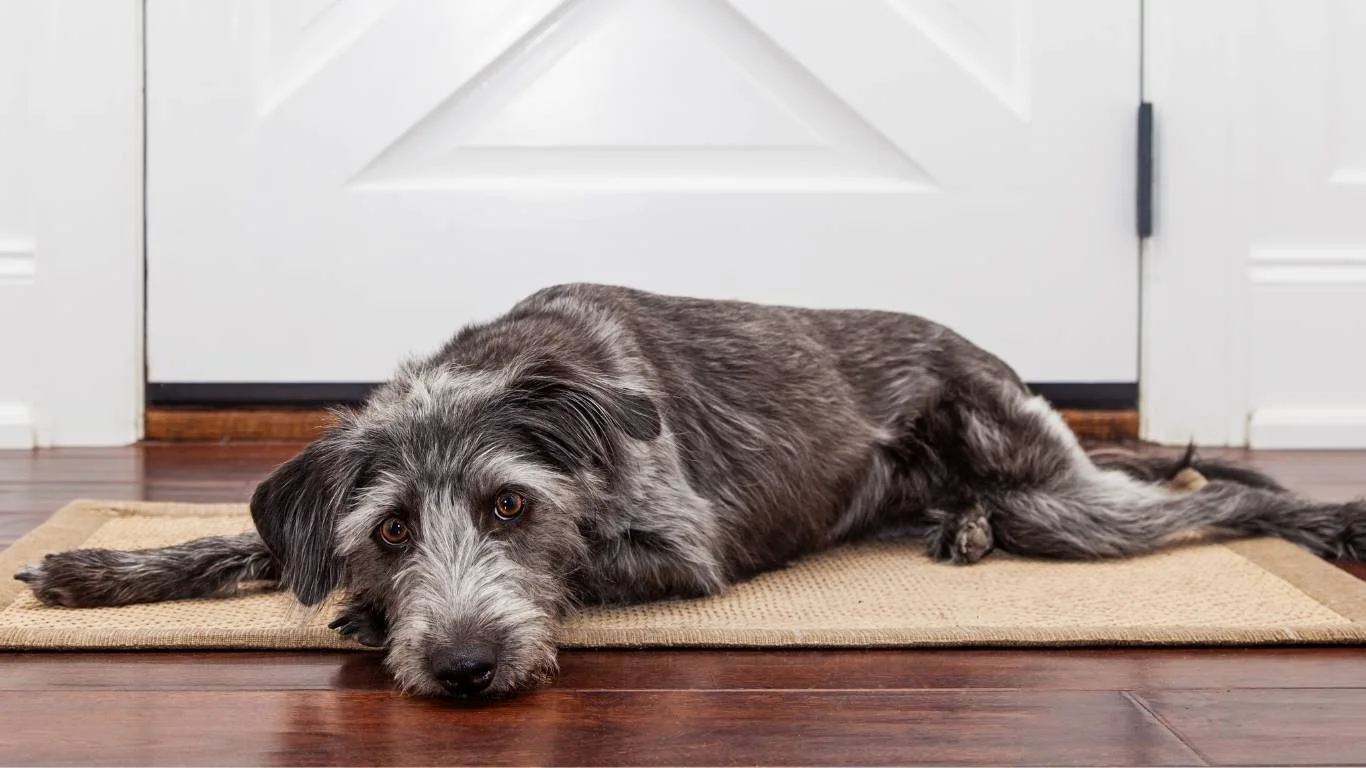
While hiccups often come down to simple stuff like eating habits or excitement, there are a handful of medical reasons that can lead to constant hiccups in dogs. Based on what I’ve observed during my veterinary assistant work, here are some common culprits:
1. Gastrointestinal Issues
Sometimes hiccups happen because of irritation or inflammation in the stomach or esophagus. Acid reflux, gastritis, or swallowing something unusual can trigger the diaphragm spasms. If your dog is also vomiting or showing discomfort around mealtime, these could be clues.
2. Respiratory Problems
Conditions like kennel cough, pneumonia, or chronic bronchitis might cause irritation to the diaphragm or the nerves controlling it. Persistent coughing combined with hiccups should definitely get checked out.
3. Nervous System Disorders
In rare cases, nerve damage or brain issues can cause ongoing hiccups. For example, conditions affecting the phrenic nerve—which controls the diaphragm—can lead to continuous spasms. While this is uncommon, it’s something your vet will consider if nothing else explains the symptoms.
4. Heart Disease
Heart problems, especially those that cause fluid buildup around the lungs or heart, can irritate the diaphragm and cause hiccups. This is more common in older dogs or certain breeds prone to cardiac conditions.
How Nutrition Plays a Role in Managing Hiccups

Since my focus has always been on nutrition, I can’t stress enough how what your dog eats and drinks impacts hiccups. Adjusting diet and feeding routines has helped many pups I’ve worked with to avoid those constant hiccups.
Here are some practical tips I always share with pet parents:
- Switch to smaller, more frequent meals: Instead of one or two big meals, try giving your dog smaller portions throughout the day to ease digestion.
- Choose easily digestible foods: Foods that are gentle on the stomach can reduce irritation that might trigger hiccups. Think high-quality proteins, limited fillers, and avoid sudden diet changes.
- Hydration is key—but monitor water intake: Fresh water is a must, but encourage slow drinking. Using a water bowl that discourages gulping can help.
- Consider supplements: Sometimes adding omega-3 fatty acids or probiotics can support gut health and reduce inflammation, which might indirectly ease hiccups.
Personally, I’ve seen dogs with sensitive stomachs benefit a lot from these small tweaks. Plus, it’s a great way to boost your dog’s overall health while tackling those pesky hiccups.
Practical Tips and Home Remedies to Ease Your Dog’s Hiccups

By now, you’ve got a solid understanding of what to do if your dog has constant hiccups—but what about some quick, at-home fixes? Over the years, I’ve helped many pet owners try gentle remedies that can soothe hiccups without rushing to the vet every time.
Encourage Slow and Steady Breathing
One simple trick that works wonders is helping your dog breathe slowly. You can do this by calmly petting them, speaking in a soft voice, or even holding their attention with a quiet toy. The idea is to reduce stress and encourage steady breathing, which helps relax the diaphragm.
Use a Slow Feeder or Puzzle Bowl
I’ve seen so many dogs benefit from slow feeders—not just for hiccups but also for their overall digestion. These bowls make mealtime a mindful, slower process, which can prevent gulping air and reduce hiccup episodes.
Try a Gentle Tummy Massage
If your dog is comfortable with touch, a gentle massage around the stomach area can sometimes calm the diaphragm and ease hiccups. Use slow, circular motions with light pressure and watch for signs your dog enjoys it.
Offer Small Amounts of Water
Sometimes giving your dog a few sips of water can help reset their diaphragm spasms. Just make sure it’s small amounts, and don’t let them gulp it down too fast. You could even try offering ice chips if your dog likes those—they’re a slower way to hydrate and can soothe irritation.
When Professional Help Is the Best Choice
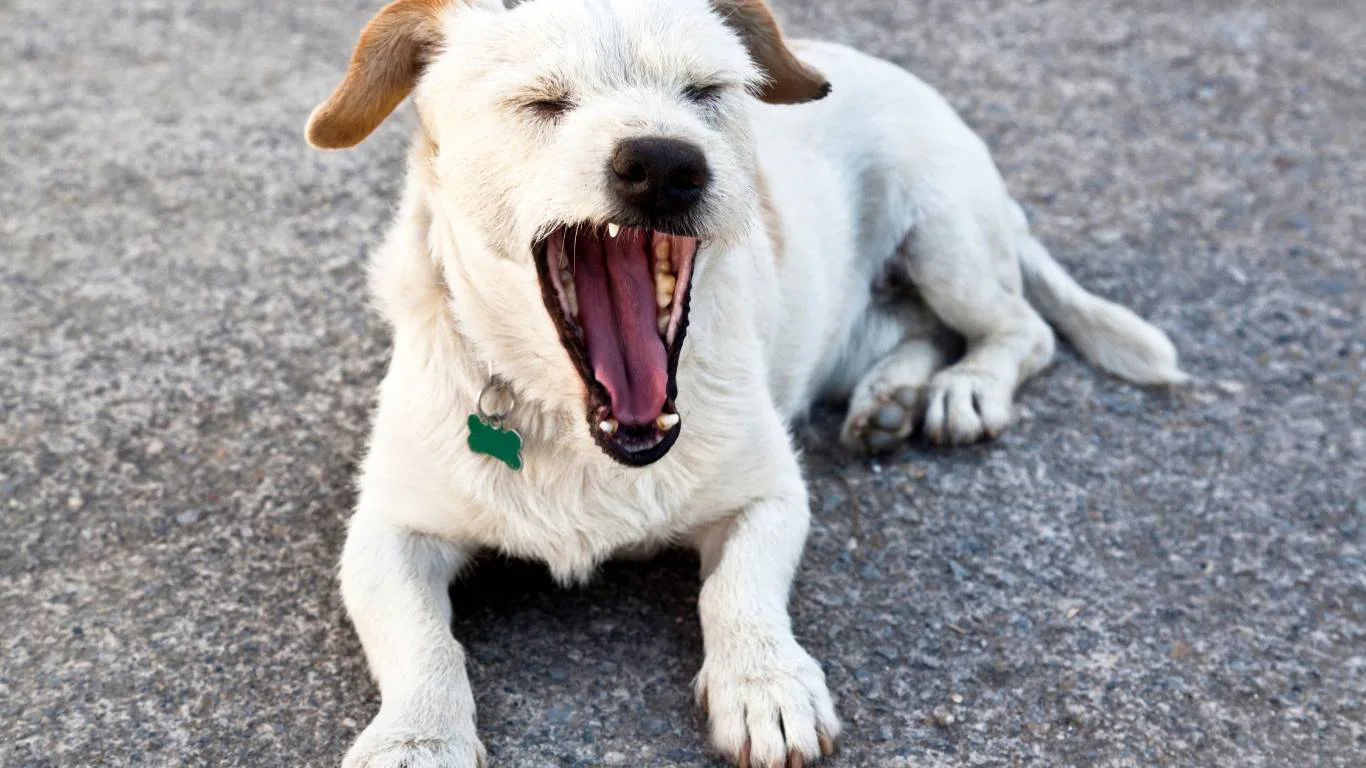
While many hiccups resolve on their own or with simple home care, there are moments when a professional vet’s input is crucial. If you notice your dog’s hiccups are:
- Persistent beyond 48 hours despite home remedies
- Accompanied by coughing, vomiting, or difficulty breathing
- Linked to behavioral changes like lethargy or loss of appetite
Don’t hesitate to book a vet appointment. A thorough exam, sometimes including diagnostic tests, can uncover underlying issues that need targeted treatment.
In my veterinary assistant role, I’ve seen vets prescribe medications or recommend dietary adjustments tailored to the cause. It’s always a team effort between pet parent, vet, and assistant to find the best approach for each dog.
Final Thoughts on What to Do If Your Dog Has Constant Hiccups
Hiccups in dogs can be a funny, sometimes puzzling little nuisance. Most of the time, they’re harmless and easy to manage with a bit of patience and care. But as someone who’s worked closely with pets and their families, I know it’s important to trust your instincts and keep an eye out for signs that something more serious might be going on.
Remember, you know your dog best. If those hiccups just won’t quit or you notice other worrying symptoms, reach out to your vet without delay. Meanwhile, simple changes like slowing down mealtimes, encouraging calm breathing, and gentle massages can often do the trick.
Thanks for reading, and here’s to happy, healthy hiccup-free pups!
References
- American Veterinary Medical Association
- American Animal Hospital Association
- Washington State University College of Veterinary Medicine
- Centers for Disease Control and Prevention
Disclaimer
This article is intended for informational purposes only and does not replace professional veterinary advice. If your dog has persistent hiccups or shows signs of illness, please consult a licensed veterinarian promptly. The author and publisher are not responsible for any health issues that may arise from following the advice in this article without professional consultation.
